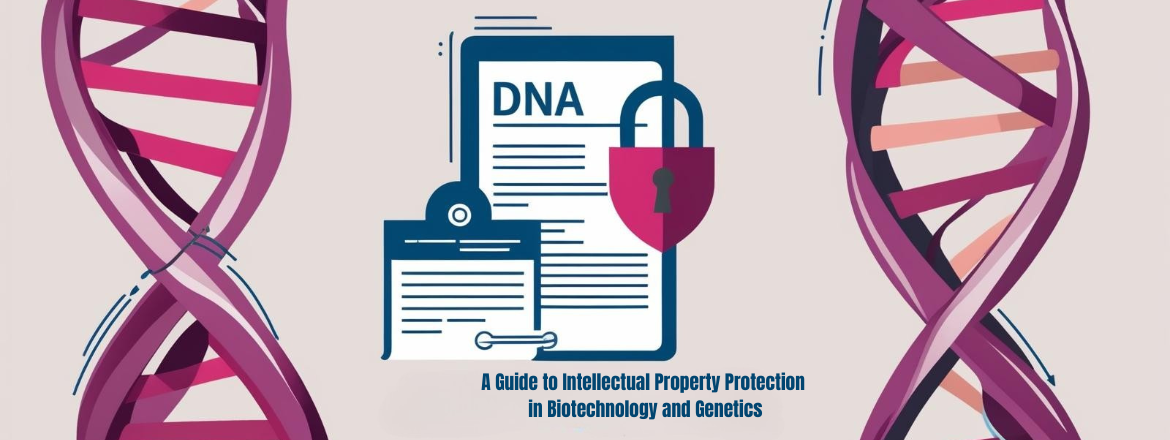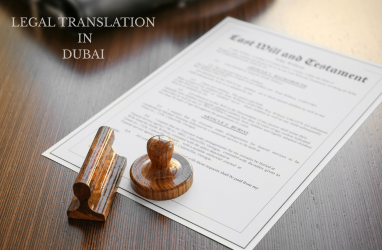Biotechnology and genetics require huge investments for research but the return on investment will be delayed. Intellectual Property (IP) can help the industry recover the funds spent on research and development (R&D) in the biotech and genetics industry.
Proper IP protection is essential for researchers in this field to come up with critical innovations that are useful for people’s health. Failing to protect IP in the biotechnology and genetics field will lead to competitors replicating innovations. It will be hard for you to stop such infringers if you fail to register your IP.
This article discusses the key tenets of IP in biotechnology and genetics such as identification of IP assets, various strategies and their pros and cons, and steps involved in your journey from conception to commercialization. We can provide you with some useful tips to save your innovations from infringement:
Understanding IP in Biotechnology and Genetics
IP can be termed the lifeblood of the biotech and genetic industry due to the humongous R&D investment involved. Various aspects of innovations in biotechnology and genetics can be safeguarded through Patents, Trade Secrets, Trademarks, Copyrights, and Regulatory Exclusivity.
Patents
Once a company acquires a patent, specifics of its technology enter the public domain. It inspires other companies to create their own unique innovations. Patent licenses play a key role in new research and inventions in biotechnology and genetics and hence contribute immensely to human health and well-being.
Trade Secrets
Confidential information can be protected through trade secrets. The information can be processes, formulas, patterns etc. Trade secrets can be recorded if it is,
- Kept secret
- Has commercial value as it is kept secret
- Those responsible for controlling the information have taken reasonable measures to keep it confidential.
Any information meeting these criteria can be protected as trade secrets in biotechnology and genetics. It can be manufacturing processes, research methods, and formulas.
While patent information enters the public domain, trade secrets remain confidential. If trade secrets are leaked into the public domain, you can file a lawsuit against the culprits. However, the damage can be undone as the secret is no longer a secret. Typically, the information can be leaked by employees, developers, suppliers, collaborators, or any interested parties. Companies can use disclosure agreements to stop the theft of trade secrets.





